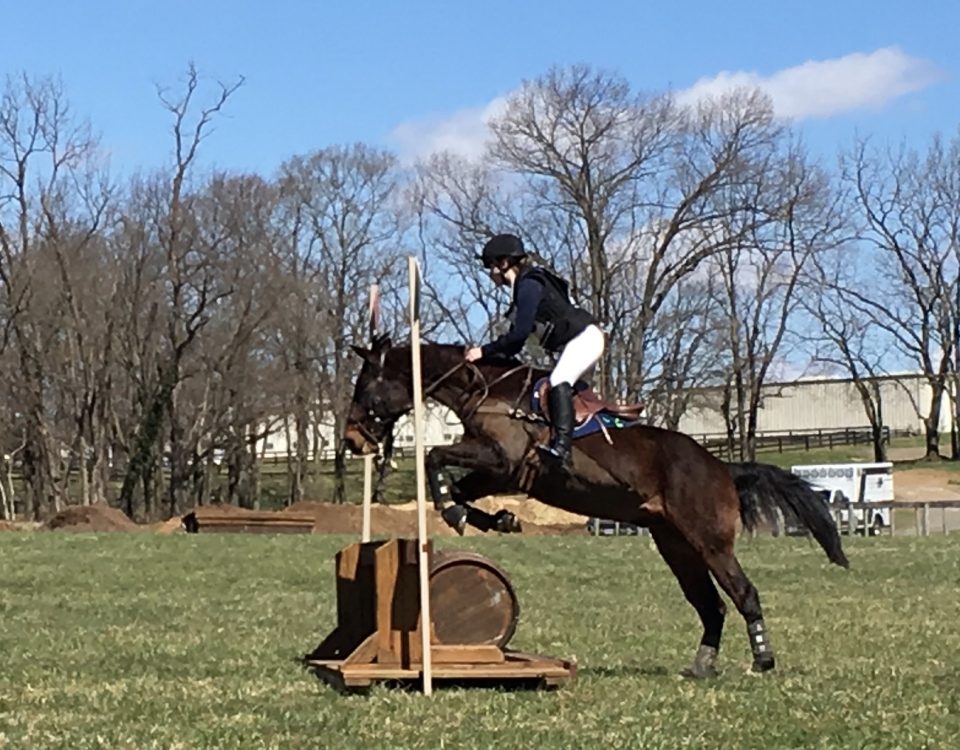Shared Experiences: Are They the Key to Teamwork?
I buried my dad a couple years ago. Dad joined the Marines at 19 and was honorably discharged two years later. I do not believe anything in my dad’s military career of two years was noteworthy. What WAS noteworthy to my Dad about the Marines were things like boot camp. Even losing his teeth at boot camp, where he was slugged by a drill sergeant and lost most of his teeth, was a proud memory. My Dad always contended that the Marines changed him. The Marines made my Dad a man. They took a boy from Johnstown, Pennsylvania and made him a man.
Dad later was in the FBI, when it primarily fought blue collar crime. He was undercover initially, wearing awful clothes, hanging in very down-market dives, and living a criminal lifestyle which ultimately led to his running an enormous sting which covered much of the mid-west and resulted in hundreds of felony arrests. Within the law enforcement community in the early 70’s my Dad was sort of a big deal and ended up with a huge title at FBI Headquarters in D.C.
Yet when we buried my Dad, we were burying a Marine. Left active duty in the Marines at 21, but Dad never left the Marines. Semper Fi.
There are indeed three keys to teamwork, but shared experiences are the one that often get short shrift. If right now you are wondering, “what the heck are the other two keys to teamwork?’ then I submit you’ve not previously been paying enough attention to me.
Always pay attention to me!
The other two, which I’ll not get into with much detail in this article, are shared goals and shared language. A group of folks without shared goals can hardly be called a team. They are just a group of folks. And shared language merits its own article, but in brief, teamwork requires everyone filter their behaviors through a common set of values. Examples: Just Do It, or Semper Fideles, or Positive, Productive, Fresh and Enthusiastic.
On to Shared Experiences.
The first word: shared. As important perhaps as a team sharing experiences is the notion that no one else shares them. Let me provide an example I just saw in the news.
Patrick Mahomes told reporters that he and a few guys on the team have a pretty simple Saturday night ritual that they’ll continue in Miami the night before the Super Bowl. He said Anthony Sherman is the leader of the ritual which involves going to one of their rooms and watching “Live PD.” He said they will watch football sometimes too.
“That’s just what we do,” Mahomes said. “I just kind of hang out with the guys, kind of build that bond. That brotherhood has definitely, I think, translated to the field.”
When I saw that article, it reminded me of when I coached youth sports teams. We’d go to a travel tournament, usually basketball or soccer, and when we came home the parents, particularly moms, would comment on how well the boys were playing together. I would hear mention of how well the boys were passing the ball. These parents evidently noticed a significant difference in how well their children were playing as a unit.
When we went on these trips, we did not actually practice much. The time together was in cars, at a motel pool, in pizza parlors but mostly in those motel rooms. (There was never, EVER, an unused coffee packet, filter, creamer, or stir-stick left when our kids checked out of a Hampton Inn- I don’t think much was consumed but making coffee was evidently imperative)
Something about spending significant time together seemed to translate on the field, and in a very positive way. Kids who had a history of playing individually seemed to migrate to the team concept. Whether on offense, defense or just chatter, the shared experiences seemed to have an impact on teamwork which made us fierce as a unit. Fierce. Our defense in basketball was suffocating. When we went into a 1-2-2 half court zone trap, that other team had our damn ball and we wanted it back. And we got our ball back. Quickly. If an English teacher were to parse our approach, the tense was the present. The mood was the imperative.
If you manage a team, you could do worse than to have that dynamic as a goal. Now and Must. Present tense and imperative mood.
Act Now is not a bad two-word shared language, but again I am not focusing on shared language in this article.
In the workplace, shared experiences can have the same effect. They can and they should.
Before I get into more examples of shared experiences, let me suggest that shared experiences are not powerful just because they are shared, but because they are NOT shared by others outside the team. For shared experiences to really provide juice, they must not be shared by those outside the team. If you are not wearing the team name on the front of your jersey and a number on your back, so-to-speak, you are not on the team.
I bet when Patrick Mahomes is in that hotel room watching Live PD with his teammates, there are no trainers, coaches, or family members present. Just players. Just guys who will be on the field. Actually in the arena.
You cannot be a Marine if you do not experience boot camp.
How to create positive shared experiences with and for your team. I grant that it is quite difficult to express opportunities which are right for every circumstance. Some teams work from home or have significant travel. Some teams have disparity in backgrounds or interests. Working moms, older men, varying interests, educational or language differences, disparate cultures; all these circumstances might make creating shared experiences difficult to imagine. Yet I submit that the more varied the workforce, the more important it is for the leader to ideate some options. Get clever.
I’ve shared previously that I, for many years and with many teams, had a fantasy football league at work. For most of those times, I did not have colleagues with much interest in professional football. More often than not, they had zero interest in professional football. This was square peg, meet round hole.
Yet it worked. In truth, I tried hard to make it work. I published a weekly newsletter highlighting accomplishments, or lack thereof.
Did I tease a bit? Yes I did.
Did I embellish my accomplishments? Yes I did.
Where you stand depends on where you sit. I recognize my perception of this strategy might not marry with every individual on my team. Maybe there were some who thought it stupid or wasteful of time or sophomoric. From where they sat, their stance likely seemed right. Yet I contend that the strategy even for those folks brought the team together.
I may be wrong in this next assertion (I do not think I am but how many of us are wrong when we think we are right? It happens to us all).
I believe that every year I had this fantasy football league it brought my team closer together.
Next example, weekly training. Every Tuesday at 4 PM we would have a weekly training, conducted by some member of the team. Everyone knew well in advance when his/her week was scheduled. Topics were self-selected with the expectation that the presenter would:
- Select a topic which had some relevance to all
- Dress for success that day
- Conduct the presentation with pristine professionalism
- Stay within 30 minutes
- Anticipate productive feedback from well-meaning colleagues
- Represent. Deliver a presentation that measured up well to previous colleagues’ presentations
Every individual on the team had a bite of the apple. Every individual was expected to positively engage. These training sessions sometimes were a bit far afield for some in topic, but it gave those folks a window into other aspects of our business. Remember, a team MUST HAVE shared goals, so understanding why some need to control costs, while others drive revenues and others focus on loyalty scores or customer service metrics enables the team to more effectively adapt and adopt to shared goals, Yet without the shared experiences it is hard to get there.
You undoubtedly have shared experiences already. You share the same email system or payroll functionality or 401k options. You have the same review process cascading throughout the organization. Yet these elements are not the local dynamics of which I speak. By local I do not mean location. I mean the 8 or 10 or 18 folks which make up your immediate team at work. If the number is 30, it isn’t a team, at least not in the way I intend. Too big.
When guys in the military are fighting, they often sign up to fight for God and country. When the Japanese bombed Pearl Harbor, thousands of young men, boys really, signed up to defend our country.
But when they were on the field of battle, in the arena, they were fighting for the guys right next to them. A soldier doesn’t typically fight for his battalion or regiment or even company. It is his squad he fights for. A Marine squad leader with three fireteams of 4 men each…those guys do not leave anyone behind. Go up that hill with 12, you do not come off that damn hill with 11. Because they have all three shared components. Shared goals, shared language and shared experiences.
Shared language: Semper Fi. Always True. Always Loyal
Shared Experiences: Start with Boot Camp. The first thing a Marine learns at boot camp? That individually he sucks. No value at all. A piece of crap. But he soon learns that as a member of the unit, he is critical. The unit is not a unit without him. You see, he DOES matter. But not as an individual. He matters as a part of the whole, and the whole is the unit.
I’ll close on that concept- that everyone must matter. Each individual on your team must know in the silence of the heart that his/her performance matters to the team.





